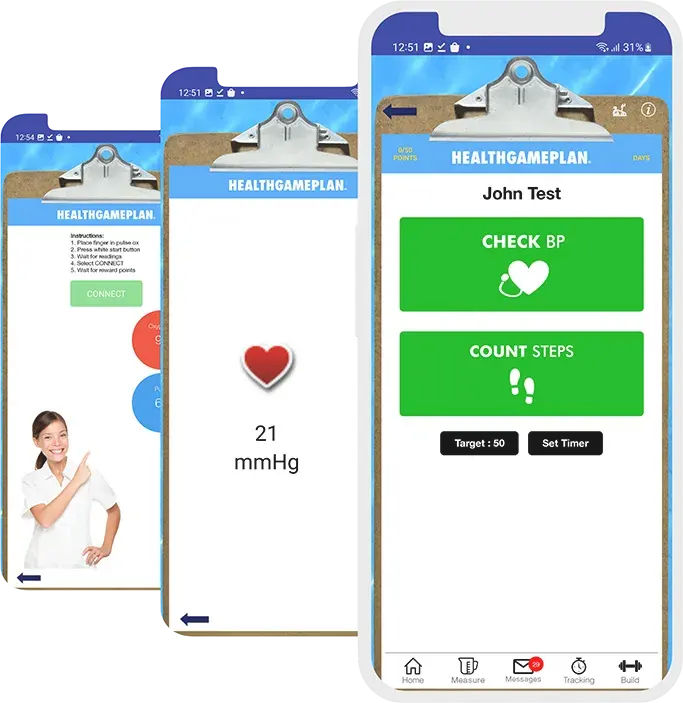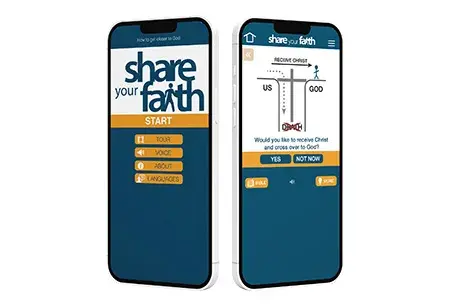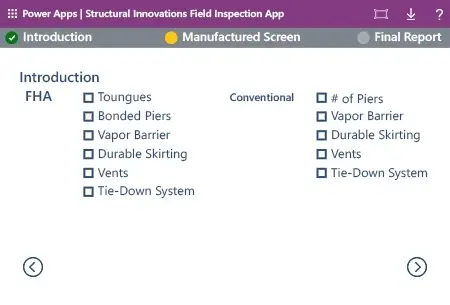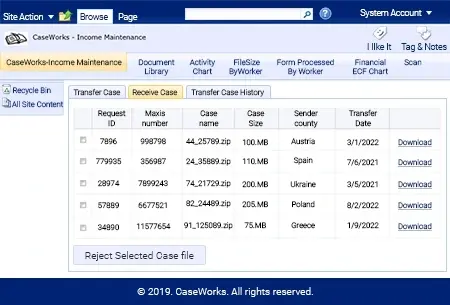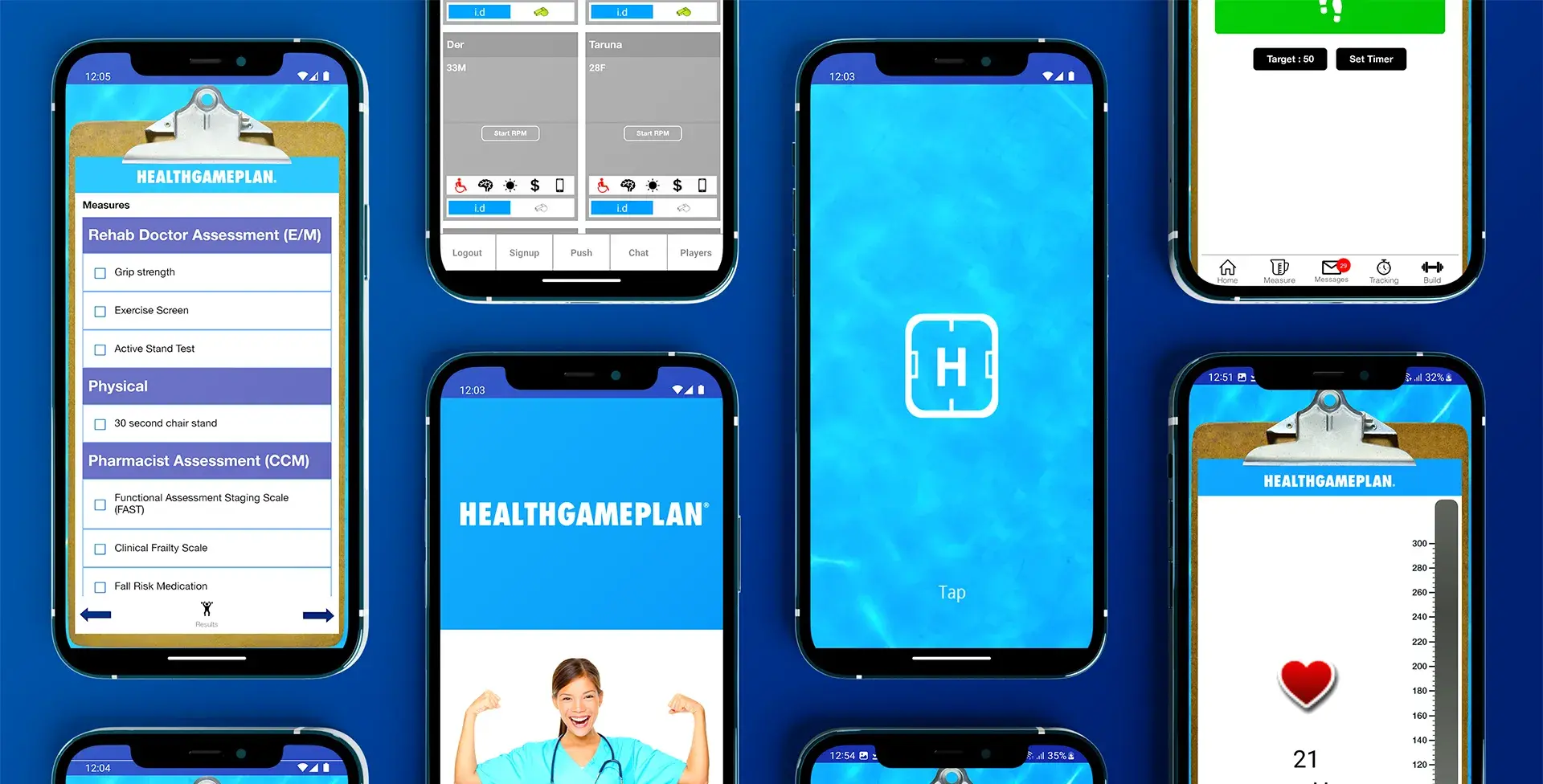
Portfolio
HealthCare Coaching Platform
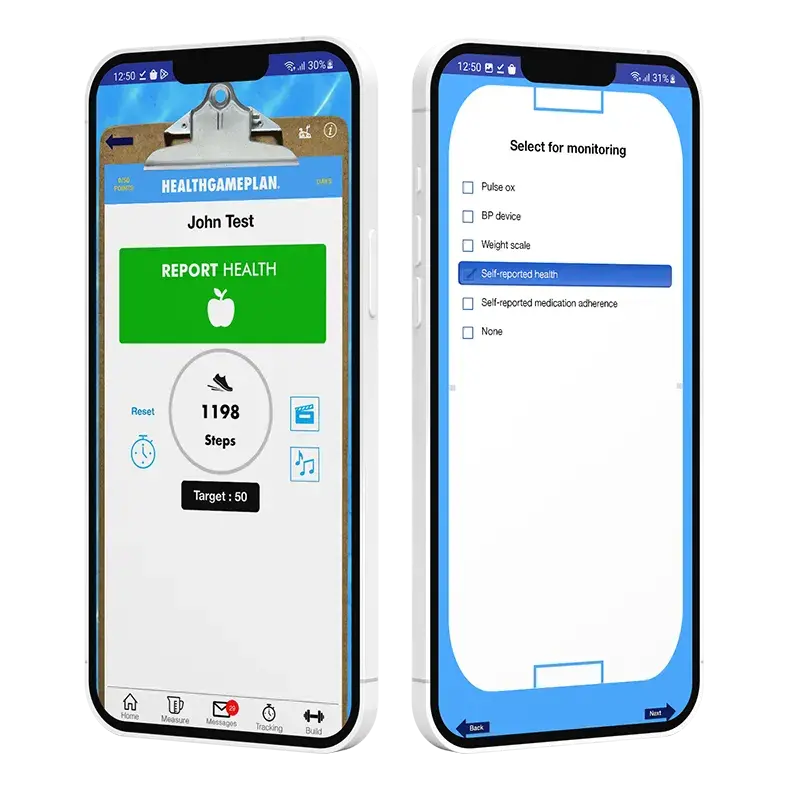


A client working in the healthcare industry wanted to develop a healthcare app to provide effective health coaching, connecting individuals with behaviours and support systems that promote well-being. It was designed by physician experts in rehabilitation and prevention, aiming to help users lead their best lives through active engagement in their health journey.
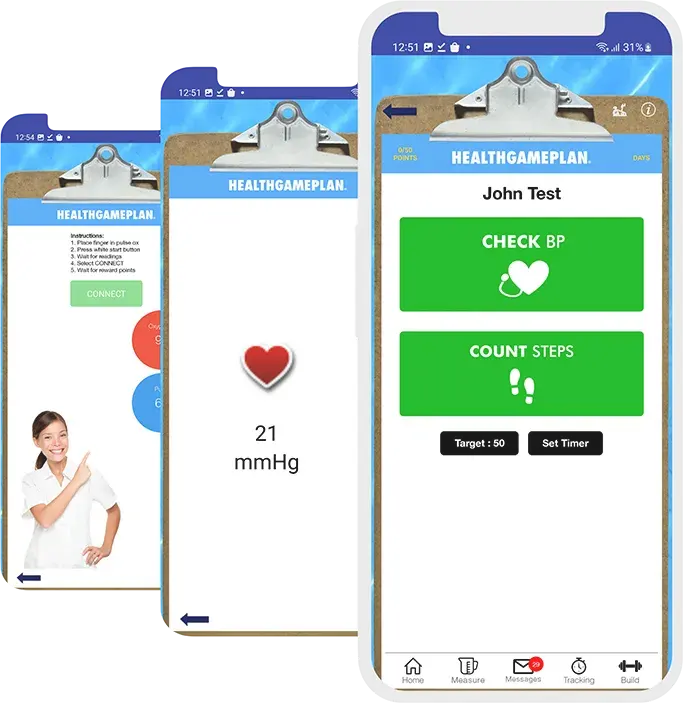
The client was looking to build an application that strived to offer users a tailored health coaching journey. They wanted a user-friendly survey that generated a personalized health checklist, serving as a foundation for individualized guidance. They also wanted to include daily automated coaching messages, so users were empowered to proactively engage in their well-being. They also wanted to include various wellness resources, ensuring a holistic approach to health and well-being.
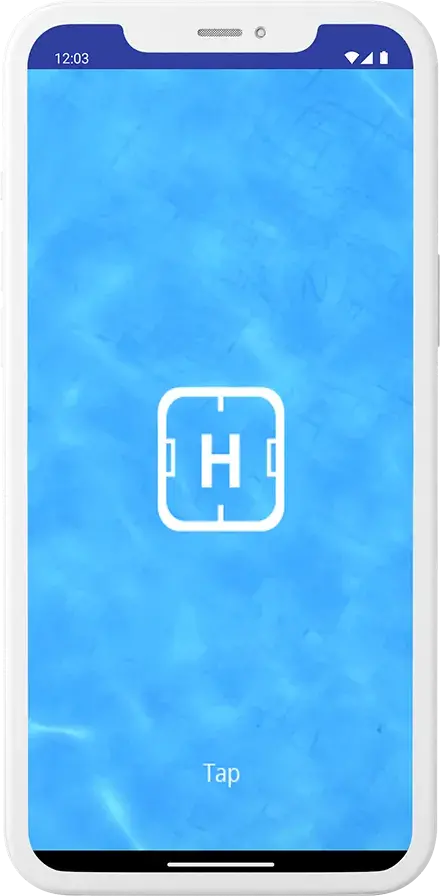
01
Adherence to the HIPAA Guidelines
The client's main challenge was to ensure that their app adhered to the guidelines of the Health Insurance Portability and Accountability Act (HIPAA). This compliance was required for all communication features such as video calls, real-time chat, message push alerts, and the storage of health-related reports. Achieving HIPAA compliance is a complex task due to the stringent security and privacy requirements imposed by the regulation.
01
The development team implemented stringent security measures to ensure HIPAA compliance. This involved encryption of communication, secure storage of patient data, access controls, and regular security audits to identify and address potential vulnerabilities.
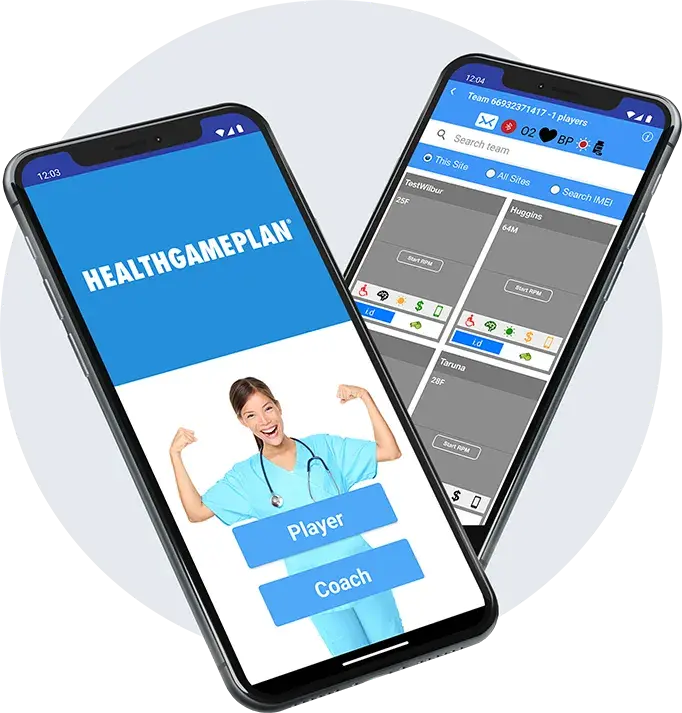
02
Connection with Various Bluetooth Devices
The app aimed to connect with various Bluetooth devices to collect patient health and activity data. Integrating these devices seamlessly into the app posed a challenge due to the diversity of devices and the need to ensure accurate and reliable data collection.
02
The AllinaceTek team used Software Development Kits (SDKs) for each Bluetooth device to facilitate smooth integration. These SDKs provided standardized interfaces for communication, making it easier to collect data from diverse devices.
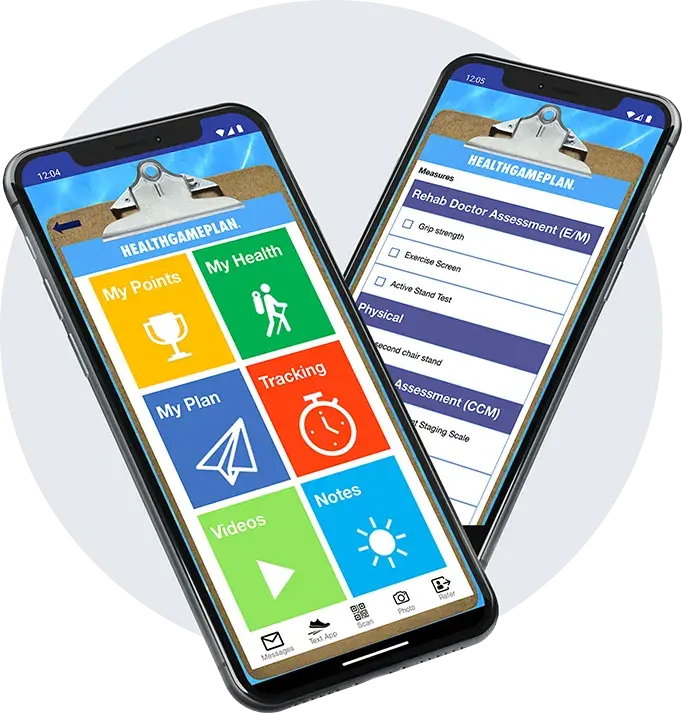
03
A Robust Data Integration System
There was an issue with retrieving data from Bluetooth devices and mapping that data within the system. This involved dealing with various data formats, sources, and protocols, which required a robust and efficient data integration mechanism.
03
A robust data integration framework was designed to handle the retrieval and mapping of data from different Bluetooth devices. This framework transformed and standardized the data, ensuring consistency and accuracy.
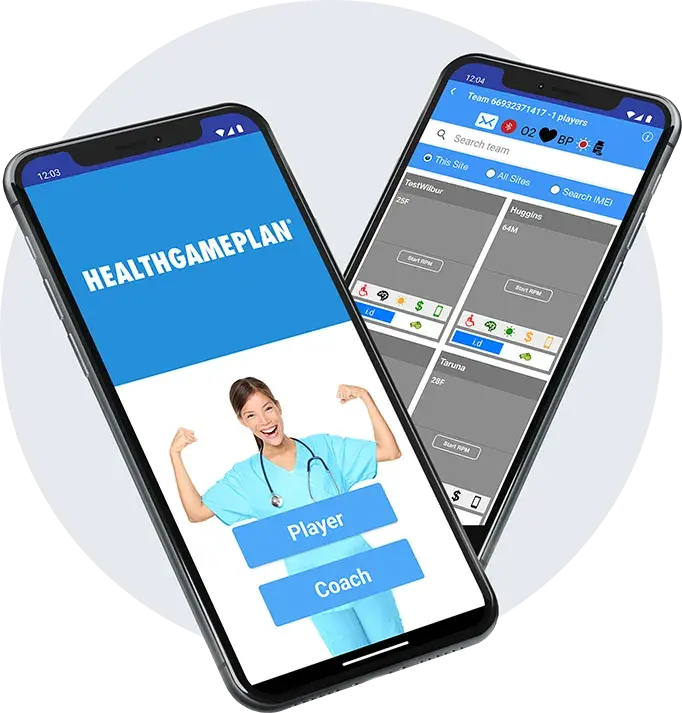
04
Uniform Data Processing
The app supported several Bluetooth devices, including pedometers, blood pressure monitors, oximeters, and weight scales. Each device had its own data specifications, making it challenging to standardize and process the data uniformly within the app's ecosystem.
04
To address the challenge of device diversity, a device abstraction layer was created. This layer acted as an intermediary, normalizing the data from various devices into a common format that the app could easily work with.
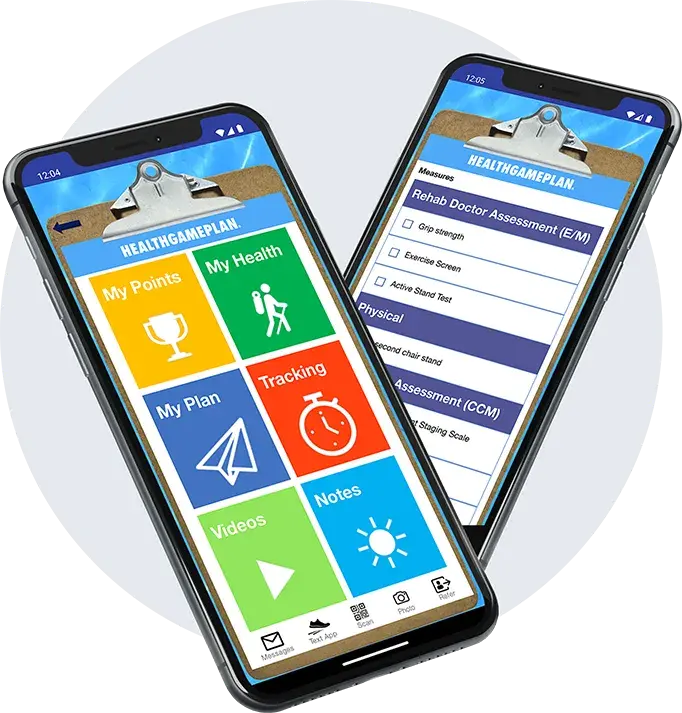
05
Complex Algorithms
The challenge was to develop complex algorithms that could analyze patient activity and actions, and translate this data into meaningful health indicators. Creating accurate algorithms that could reliably assess patient health and monitor status was a non-trivial task.
05
The team collaborated with medical professionals to design and implement complex algorithms that analyzed patient activity and behaviour. These algorithms generated indicators and flags for each patient, aiding doctors and coaches in monitoring their patients effectively.
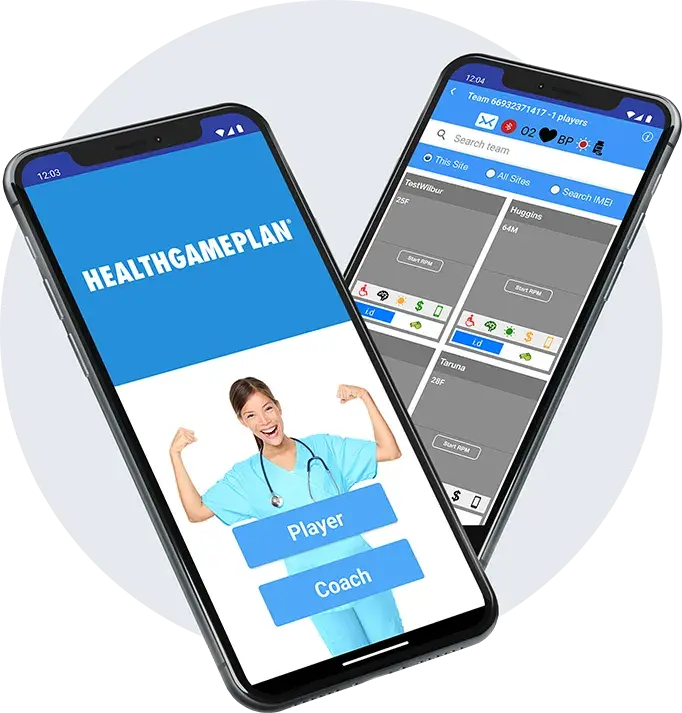
06
Patient-specific Data
The app required a system for handling patient-specific data, including the ability to store and manage data from different devices in a coherent and organized manner. This included the challenge of effectively dealing with device-specific data points while maintaining a comprehensive view of a patient's health.
06
We built the app’s architecture in a way that incorporated a fusion table that unified patient-specific data from different devices. This table facilitated holistic patient profiles by combining data points from various sources while maintaining device-specific information.
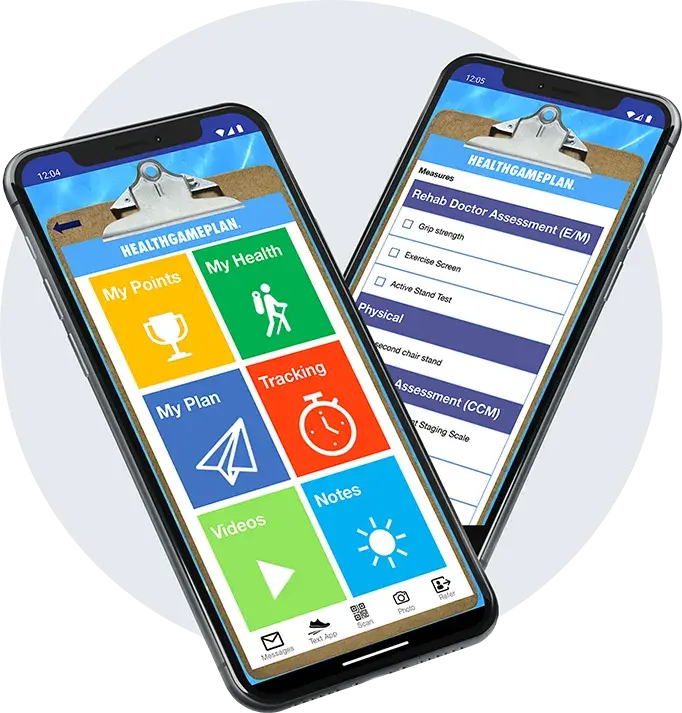
AllianceTek brought its extensive experience to the table in 2012, resulting in a deep understanding of the client's vision and a reliable partnership.
We facilitated the complex integration of Bluetooth devices by creating wrapper classes and ensuring seamless communication.
The team ensured strict adherence to HIPAA compliance guidelines, ensuring secure communication and data handling.
Robust architecture with backward compatibility and a user-friendly design were key focuses of the development process.
We managed the project through Azure DevOps, ensuring an organized project history and effective communication through Skype.
A dedicated team of mobile, web, backend developers, QA, network engineers, project leads, and more were assigned to ensure comprehensive project management.
Strong references from previous projects and detailed proposals showcased AllianceTek's capability to manage large-scale projects from idea to completion.
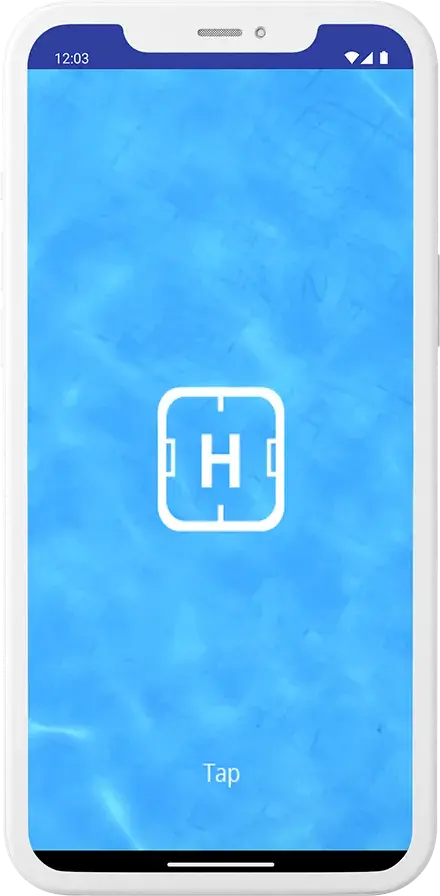
AllianceTek built the app with a dual-login system, catering to the needs of both parties, the key features of which included:
Multi-Site Coaching: Coaches can be part of multiple coaching sites. Upon logging in, coaches can select a specific coaching site to manage.
Dashboard: Coaches are presented with a dashboard that displays patient details in a grid layout. The dashboard includes relevant patient information and monitoring alert icons for tracking patient health.
Gameplan Creation: Coaches can create personalized game plans for patients based on their health data. Multiple forms collect patient health conditions, and the application generates daily exercise or treatment plans accordingly.
Video Calls: Coaches can conduct video calls with patients as needed. Additional coaches can be added to the call if required.
Real-Time Communication: Coaches can engage in real-time chat with patients and other coaches. Group chat options are available.
Timer: Coaches can set timers to monitor patient interactions and track coaching time.
Reports: Various reports are accessible, including patient gameplan details, measurement reports, step counts, blood pressure, weight, and timer history.
Login Options: Patients can log in using email/password or a security code.
Dashboard: Patients are presented with a dashboard based on their personalized game plan. They can connect Bluetooth devices like pedometers, oximeters, BP devices, and weight scales to sync health data with the server.
Measurement Input: Patients can input various measurements, including tests such as Active Stand Test, FAST, Symptom Assessment, and more.
Group Chats: Patients can participate in group chats with topics like exercise, weight loss, quitting smoking, and diet.
Video Call Requests: Patients can request video calls with doctors through the app.
Profile Module: Patients have a profile module where they can manage their information.
Social Interaction: Patients can chat with other patients for support and engagement.
The platform involves a network of CLIA-certified practitioners to enhance patient care.
Integration with KAREO offers patient record management and scheduling via EMR.
Integrated net payment gateway for online payment options.
Admins can create and control consultation and lab appointment packages.
AllianceTek adopted an Agile methodology, delivering incremental updates to the client to achieve agreed-upon features as per set deadlines.
